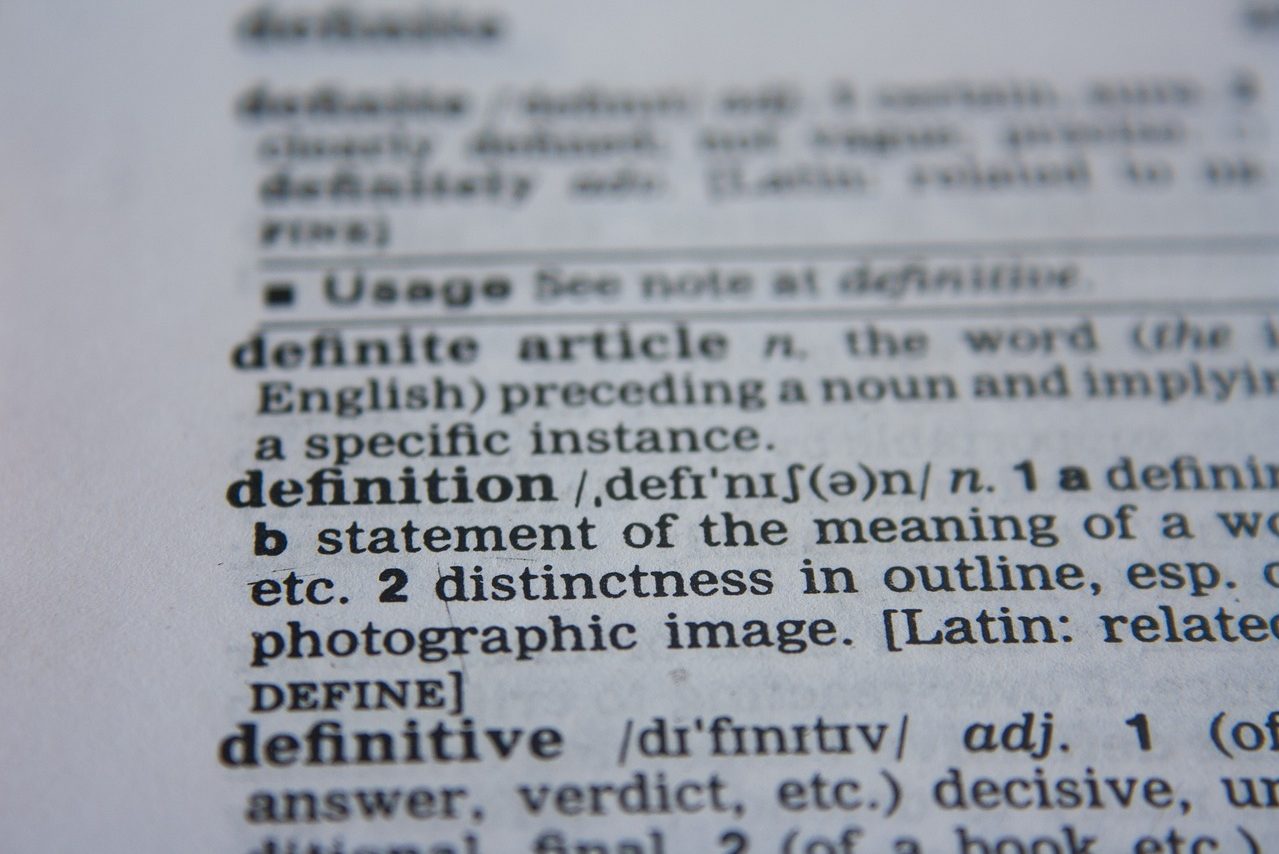Working Together to Safeguard Children defines sexual abuse as behaviour which: ‘Involves forcing or enticing a child or young person to take part in sexual activities, not necessarily involving a high level of violence, whether or not the child is aware of what is happening.
The activities may involve physical contact, including assault by penetration (for example, rape or oral sex) or non-penetrative acts such as masturbation, kissing, rubbing and touching outside of clothing. They may also include non-contact activities, such as involving children in looking at, or in the production of, sexual images, watching sexual activities, encouraging children to behave in sexually inappropriate ways, or grooming a child in preparation for abuse.
Sexual abuse can take place online, and technology can be used to facilitate offline abuse. Sexual abuse is not solely perpetrated by adult males. Women can also commit acts of sexual abuse, as can other children.’
Sexual abuse often occurs in conjunction with the other categories of child abuse especially emotional abuse in order to maintain control and secrecy.
There is no single agreed definition of Child Sexual Abuse (CSA) within the family environment (also known as Intra-familial Child Sexual Abuse), but in addition to abuse by a relative (such as a parent, sibling or uncle), it may also include abuse by someone close to the child in other ways (such as a step-parent, a close family friend or a babysitter).
Children from the age of birth onwards may be subjected to sexual abuse. Sexual abuse can have a long-term impact on emotional, social and educational development and is linked to the development of mental health issues in later life.

